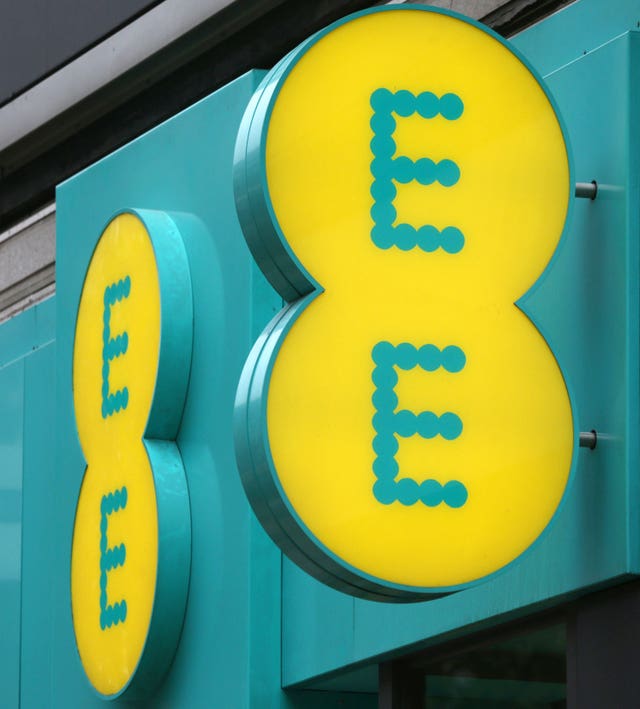The era of 5G is upon the UK, with faster speeds not only expected to transform everyday smartphones but also everything from virtual reality to healthcare.
EE has already commenced its roll-out and Vodafone kicked off its effort from today.
– What is 5G?
5G is the next generation of wireless mobile connections, following on from the 4G networks currently used by smartphones across the globe.
As the name suggests, this is the fifth generation of the network technology.

– How fast will 5G be?
There is no official speed standard for 5G, but many experts expect it to be 10 times faster than 4G – and therefore potentially faster than home fibre broadband.
“5G is a next-gen network technology that should deliver speeds of up to 10Gbps – on paper, that’s considerably faster than 4G’s top-end speed of 300Mbps,” said Ernest Doku, mobiles expert at uSwitch.com.

“In practice though, as we’ve seen with 4G, the speeds will likely be well below that but real-world tests do show it’s still much quicker than its predecessor.
“Where you’ll see a real difference with 5G is in the speeds you can download Ultra HD and 3D video. At 5G’s theoretical top speed, you could download an entire 25GB Ultra HD movie in about 20 seconds.”
– When is 5G launching in the UK?
EE was first to launch its 5G network at the end of May in six cities – London, Cardiff, Belfast, Edinburgh, Birmingham and Manchester – with more to follow before the end of the year and into 2020.
Vodafone switched on 5G in Birmingham, Bristol, Cardiff, Glasgow, Manchester, Liverpool and London on July 3.

Three is planning to turn on its 5G network in August, while O2 said it will also launch at some point this year.
However, the process will be a gradual roll-out, meaning 5G will not be widely available everywhere for some years to come.
– How does 5G work?
5G is made up of unique radio frequencies that are broken up into bands. These frequencies are a lot higher than 4G, so can support a bigger capacity.
“5G tech also has the capacity to handle the surge in demand for bandwidth generated by the Internet of Things boom,” Mr Doku added.
“5G is considered a millimetre wave technology – with a shorter wavelength than 4G, it has a higher frequency, which gives it a higher bandwidth and consequently ability to handle more data.”
– How much will 5G cost?
Given it is a new product, 5G is costlier than existing mobile coverage.
For example, buying a Sim-only plan from EE with 40GB of 5G data costs £37 a month, while 50GB of 4G data costs £25 a month.
As we saw with 4G’s maturation, prices are likely to fall as 5G becomes more widely available in the years to come.

